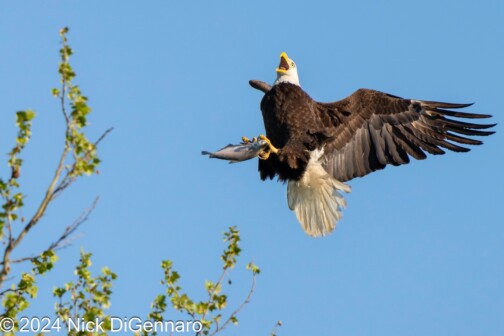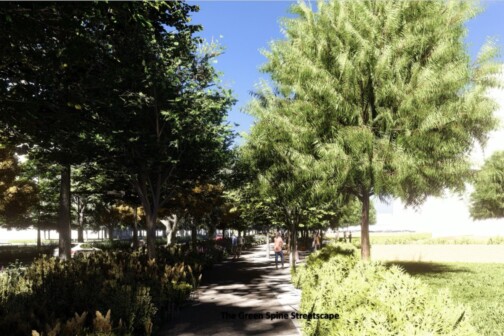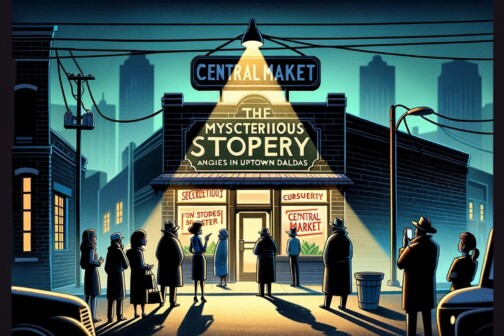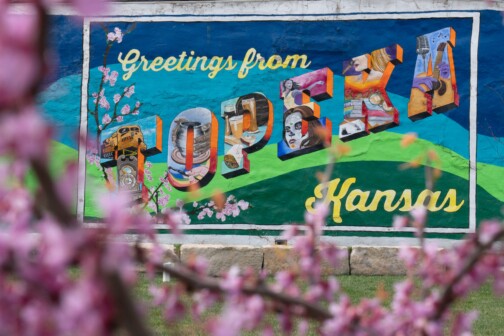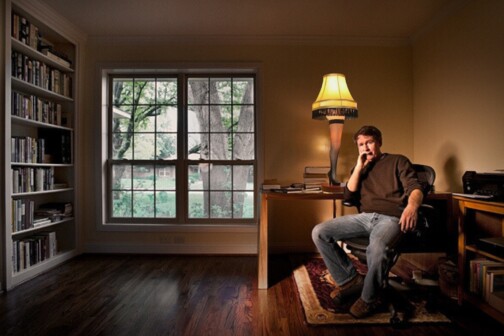About 10 minutes ago, Dallas officials announced that White Rock Lake has improved its bald eagle population by two: city conservation manager Brett Johnson says there are two eaglets in the nest at Lake Highlands Park.
“We are excited the bald eagles have two new members,” Johnson said in a news release. Dallas Park and Recreation’s conservation team and birding enthusiasts have been watching the eagles since March.
It’s a happy ending to what was a sad story. Two years ago, eagles nested in a tree at the same park. High winds blew the nest out of its tree, destroying the eggs inside.
This time, the city, the U.S. Fish and Wildlife Service, and the Texas Parks and Wildlife Department are keeping a watchful eye on the fledgling (see what we did there?) family. That includes making sure the nest remains undisturbed.



